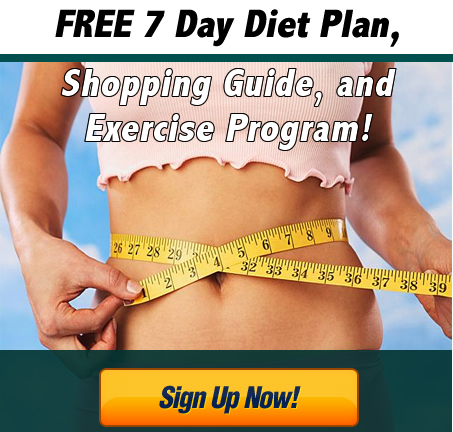You rely on nutrition information to help you achieve your health goals Here are twenty top myths about nutrition that can help you weed out the good information from the bad.
1. All fats are bad. Unsaturated fats like Omega-3’s found in fish and monounsaturated fats found in olive oil, canola oil, nuts and avocados all aid good health. Saturated fats from animal products and trans-fats, partially hydrogenated oils, are the ones that should be used sparingly.
2. Eggs are bad – It’s true that eggs have cholesterol and fat, but there is no evidence that the cholesterol in eggs raises bad cholesterol in blood and the fat in eggs is unsaturated.
3. Avoid carbohydrates – The recent popularity of the Atkins and South Beach diets have given carbs a bad name. In reality complex carbohydrates found in whole grains and some vegetables are necessary requirements. They provide the body with energy and lots of nutrients.
4. Eat fat free or low fat foods and you won’t gain weight. A calorie is a calorie whether it’s full of fat or not.
5. Never eat after 8pm. Again, a calorie is a calorie no matter what time of day it’s eaten.
6. Weight loss products and diet supplements labeled “natural” or “herbal,” are safe. Not necessarily. Little or no testing is done on these products. Many herbs can react with medications that are being taken for legitimate reasons. Check with a doctor before taking these products.
7. Fresh produce is always better than frozen or canned. Not always. If produce is frozen or canned immediately, the product can retain a lot of its vitamins and minerals. Fresh produce, if left in the air or sun too long, can lose some.
8. Becoming a vegetarian will help you lose weight – Only if you make healthy vegetarian choices. Candy and chips are still allowed on a vegetarian diet.
9. Honey is a better choice than sugar – Honey and sugar are almost chemically indistinguishable.
10. Brown sugar is better nutritionally than white sugar – Brown sugar is white sugar with added molasses. It’s no better than plain white sugar.
11. Sugar can cause diabetes – If you do not have diabetes, the amount of sugar you intake will not cause you to contract it. However, being overweight and inactive can lead to diabetes.
12. Skipping meals can help you lose weight – When a body is hungry it goes into starvation mode and the metabolism slows down, lowering the rate at which it burns calories.
13. Dairy products cause mucus – This has recently been proven false. It’s no longer necessary to avoid milk or cheese when you have a cold.
14. Always avoid fast food restaurants – Many fast food restaurants offer a limited amount of healthy options such as salads with low fat dressings and fruit. They are fine occasionally if you’re in a hurry.
15. Snacking makes you fat – If you eat healthy snacks, they can actually help control your appetite. You’ll be less likely to binge on cookies and more likely to eat moderately at meals.
16. Caffeine is an appetite stimulant – There is no evidence that shows that caffeine stimulates the appetite.
17. Diet drinks will help you lose weight – Without lowering the calories you consume and increasing your activity, diet drinks alone will do nothing.
18. 0 grams of trans-fat in a product means it’s trans-fat free. – If you look at the ingredients and see partially hydrogenated oil, it still contains trans-fat, just not enough to be counted.
19. Foods like celery and grapefruit burn calories – There is no food that burns calories.
20. You should never eat cookies, candy or cake – Everyone needs a treat once in a while.










